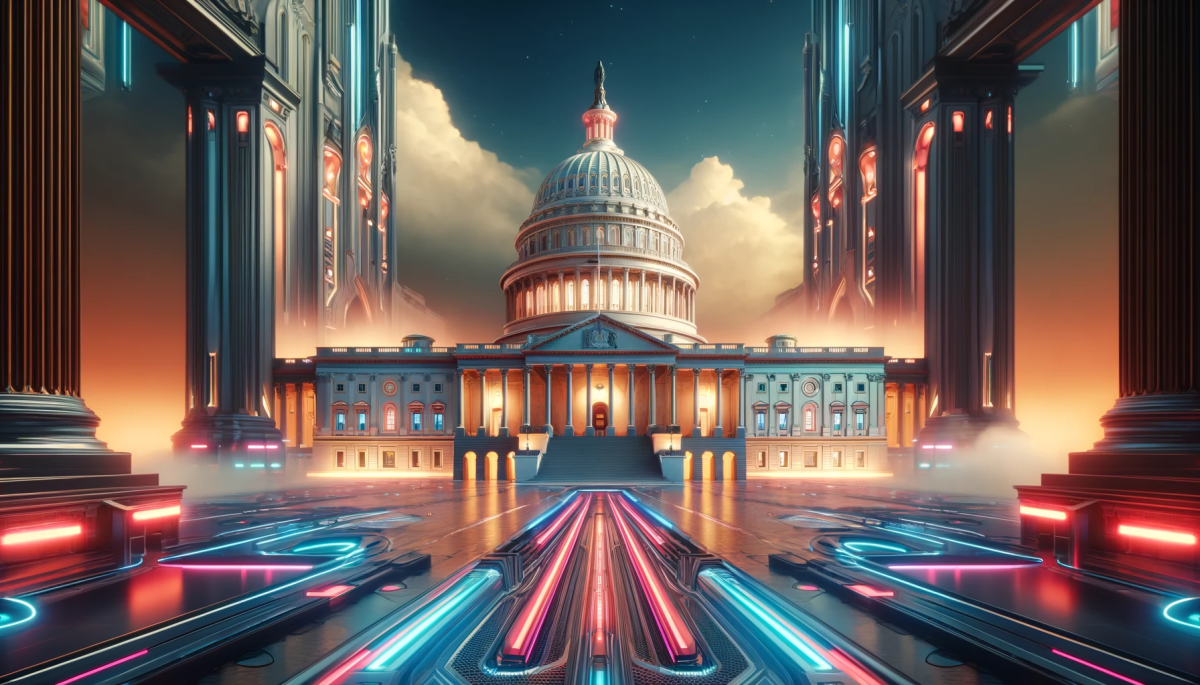Points
- The US Copyright Office calls for new legislation to address the threat of deepfakes.
- Deepfakes pose risks to entertainment, politics, and private individuals.
- Proposed law would apply to the distribution of unauthorized digital replicas.
- Further reports will address copyright issues related to AI and generative models.
The United States Copyright Office has released the first part of a series of reports addressing the legal and policy issues related to artificial intelligence and copyright law. Published on July 31, the initial report focuses on digital replicas, commonly referred to as “deepfakes,” and underscores the urgent need for new federal legislation to address the rapidly evolving threat posed by these digital forgeries.
According to the report, the speed, precision, and scale of AI-created digital replicas necessitate prompt federal action. The authors argue that without robust nationwide remedies, the unauthorized publication and distribution of deepfakes threaten substantial harm not only in the entertainment and political arenas but also for private individuals.
The proposed legislation would be “narrower than and distinct from” existing copyright laws, addressing the unique challenges posed by deepfakes. The new law would specifically target the distribution or making available of unauthorized digital replicas while excluding the act of creation alone. This approach recognizes that creating a deepfake could be part of a legitimate creative process if used privately and without malicious intent.
Shira Perlmutter, the Register of Copyrights and Director of the US Copyright Office, emphasized the serious threat posed by unauthorized digital replicas to reputations and livelihoods. The report highlights several instances where both businesses and individuals could suffer significant harm to their financial standing, brand, and reputation due to deepfakes.
The proposed law would also impose individual liability, extending beyond commercial markets to include the potential for individuals to harm one another through deepfakes. This aspect of the law would be partially limited to an individual’s lifetime, with separate considerations for estates and post-mortem infringement.
While the report’s findings are not legally binding, they serve as an advisory to the executive, legislative, and judicial branches of the US government on matters related to copyright. Given the growing concerns around deepfakes, it is likely that Congress and future administrations will consider the report’s recommendations seriously.
Future reports in this series will delve into related topics, including the copyrightability of works created using generative AI, the training of AI models on copyrighted works, licensing considerations, and the allocation of potential liability.
解説
- The call for new legislation to address deepfakes reflects the increasing recognition of the threats posed by AI-generated digital replicas.
- The proposed law aims to balance protecting individuals and businesses from harm while allowing legitimate creative uses of AI.
- The focus on distribution rather than creation acknowledges the complexity of regulating AI technologies and
the need to target the most harmful aspects of deepfakes.
- Shira Perlmutter’s emphasis on the serious threat to reputations and livelihoods underscores the broad impact deepfakes can have across various sectors, including entertainment, politics, and private life.
- The report’s recommendations highlight the importance of proactive legislative measures to address emerging technological threats and ensure robust protection for individuals and businesses.
- Future reports will provide further insights into the intersection of AI and copyright law, helping to shape comprehensive regulatory frameworks that address the complexities of generative AI technologies.
